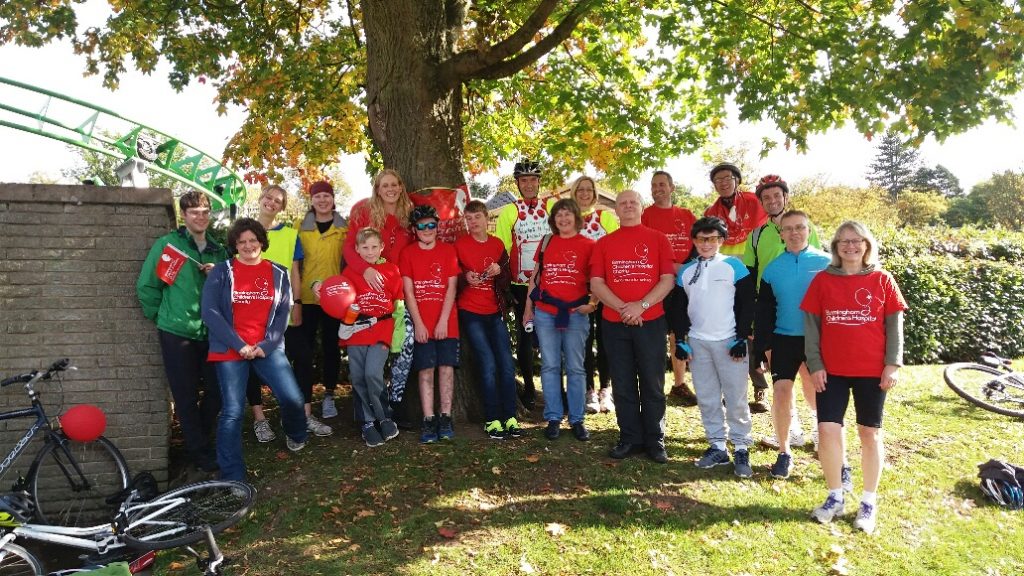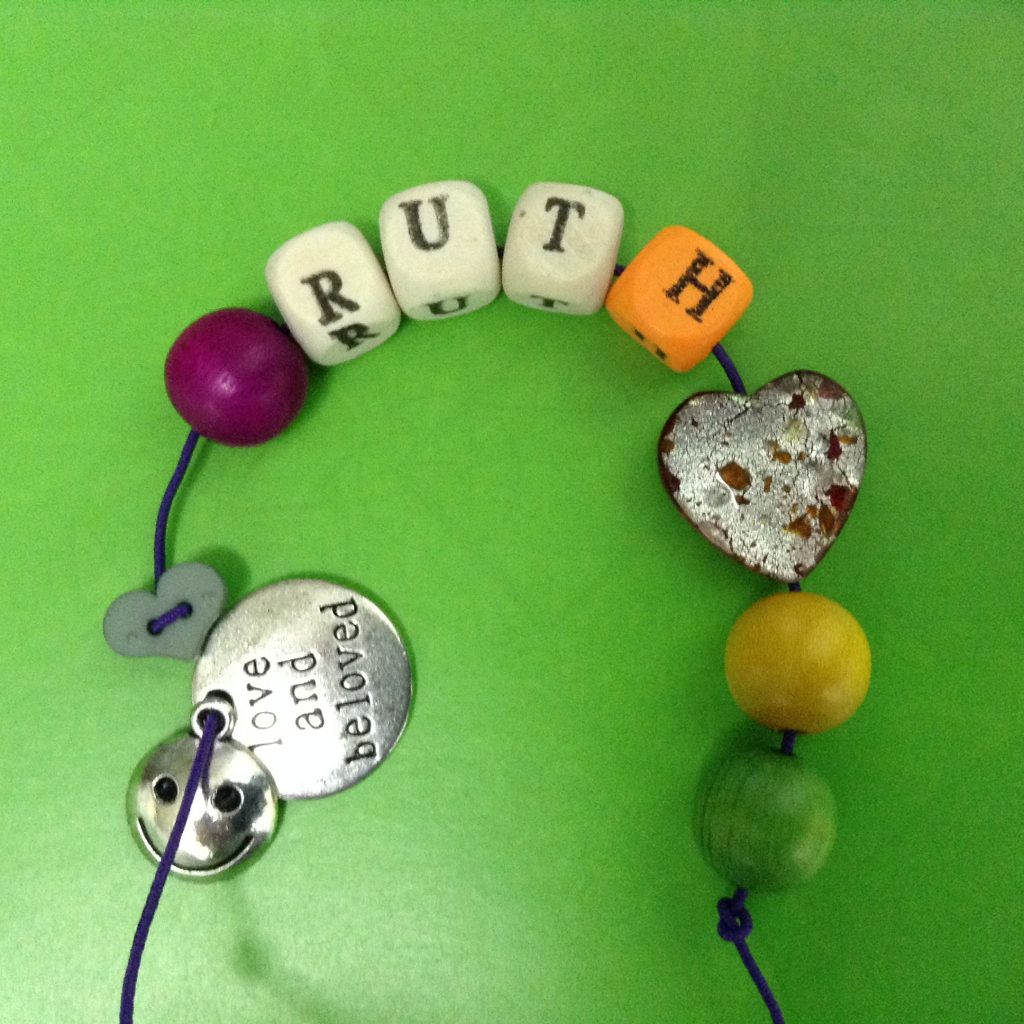Reverend Kathryn Darby is the Chaplain at Birmingham Children’s Hospital and co-author with Paul Nash and Sally Nash of Spiritual Care with Sick Children and Young People.
In this blog, she explores the roles chaplains play for sick children and young people who are staying in hospices or hospitals.
How can we attune to the spiritual and religious needs of children and young people in a hospital or hospice context? This question was recently sharpened for me in my role as a chaplain at the Birmingham Children’s Hospital when in conversation with a young person receiving treatment for mental health. He said words to the effect of, “You just get into that headspace where you don’t matter, you don’t deserve anything”. The need for all of us to attend to our mental health has been highlighted in British society recently – e.g. the grieving and recovery process of Princes William and Harry in relation to their mother’s death and debate within the political arena about mental health provision. No one is invulnerable to the stresses and bruising of life that can result from illness, bereavement, or loss. At times, mental health issues, such as anxiety, low mood, or eating disorders can escalate for young people leading to hospital care. Young people and their families experience distress, suffering and heartache but can find the support that they need for recovery and growth.
Recently some of us within the Chaplaincy at the Birmingham Children’s Hospital organised a sponsored cycle ride to raise money for our spiritual care activities at Parkview, the in-patient provision in Birmingham for young people with mental health needs. Eighteen people of various ages and cycling experience completed the 23 mile cycle ride. We cycled through parks and alongside lakes and canals, arriving at our hilltop destination to eat lunch together. Two members of the team drove a minibus and met us at points along the way to cheer us on. The journey illustrated the uphill challenges of living with a mental health illness and also the power of connectedness and positive environment to improve mental health. Our spirits were all lifted by the experience of the day.

The sponsored cyclists
One of the spiritual care activities we have introduced in our chaplaincy work at Birmingham Children’s Hospital is making bead bracelets to assess spiritual need (see, Spiritual Care with Sick Children and Young People for a fuller explanation). In this exercise, different coloured beads are chosen to represent different spiritual aspects which are being experienced or are in deficit. A variation of this activity is making a bracelet with the child’s name or initials on it (using coloured lettered beads), and offering symbols such as hearts, pendants (“love and beloved”), and coloured beads to represent feelings, hopes, or significant people as a sign for that child of their sustaining relationships and connectedness. Wearing a personal symbolic bracelet can remind children and young people of an affirming encounter with a chaplain or care giver and go on speaking about their worth, even in those moments when they cannot feel that way about themselves. Although it may seem a small thing, I have seen how important such bracelets, or other spiritual care objects can be for children and young people, representing both the significance of the time they are going through and the importance of encounter, connection and meaning making. Such an exercise is not exclusive to chaplains but can be initiated by nurses, clinical support workers, play specialists or other professionals seeking to empower, build rapport with, and affirm children and engage with their spiritual life. Through our spiritual care we can give the message, “You matter. You are deserving”.

One of the symbolic bead bracelets made at Birmingham Children’s Hospital.
For more information or to buy a copy of Kathryn Darby’s book, please follow this link. Why not follow us on Facebook @JKPReligion for more exclusive content from our authors.